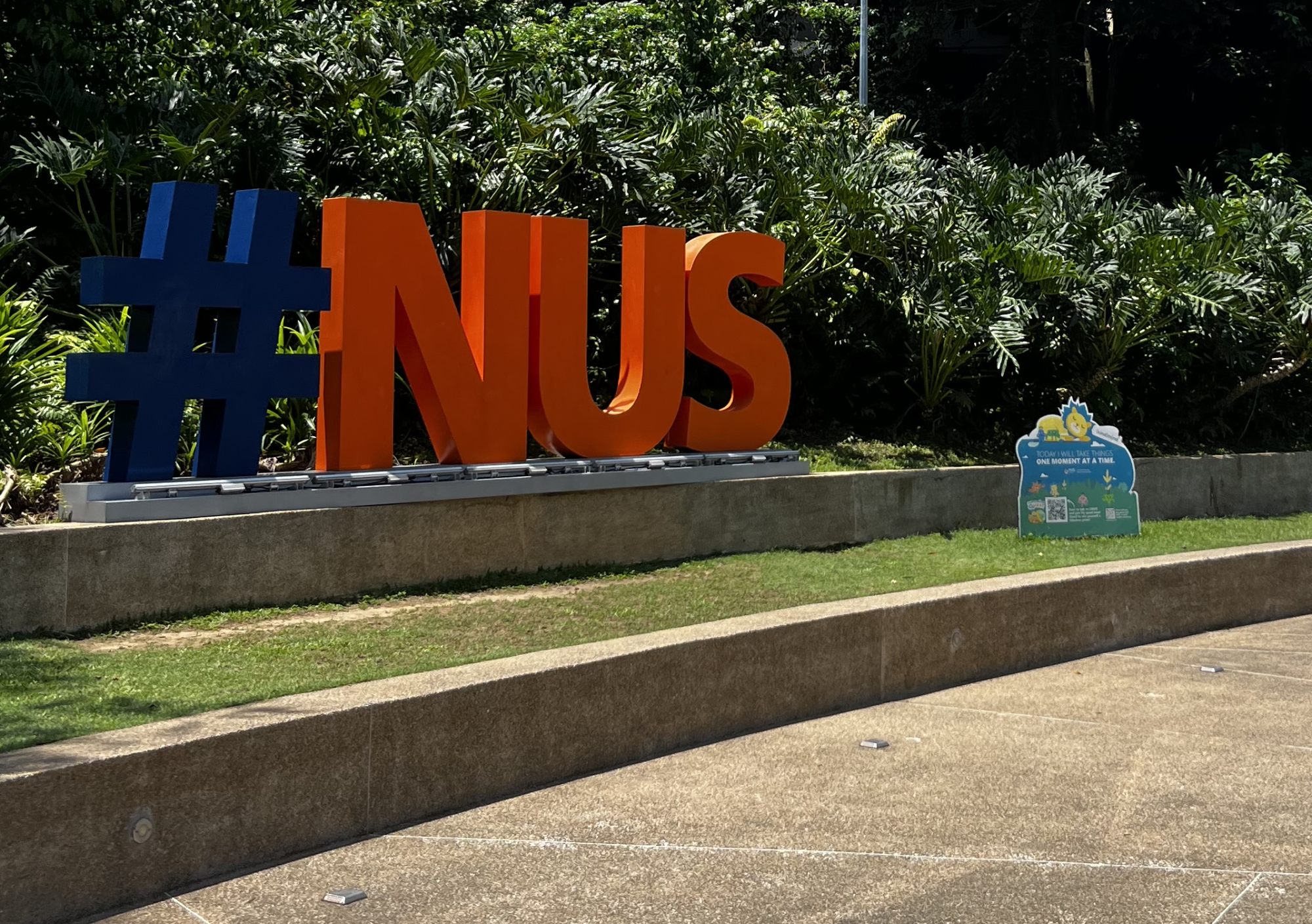Singapore university’s dumping of Yale-NUS books sparks anger and petition
The National University of Singapore has apologised for the ‘operational lapse’ after the incident angered many Yale-NUS alumni

The disposal of bags of books from the former Yale-National University of Singapore College library has sparked anger from its alumni and the general public, who saw the move as symbolic of deeper institutional neglect after videos of the incident went viral.
NUS has issued a public apology for the “operational lapse”, which has also prompted an online petition. The incident has become the latest flashpoint in the saga of Yale-NUS, Singapore’s short-lived liberal arts experiment that is set to close its doors for good this year.
“We later understood that many students were interested in keeping the books, and we would usually have accommodated such requests,” associate professor Natalie Pang, a university librarian, said on Wednesday in a reply to queries from This Week in Asia. She did not disclose how many books were thrown away.
“We did not do so on this occasion and we apologise for the operational lapse,” she said, adding that the library’s excess books were “routinely rehomed” in other libraries or given away to faculty and students on certain occasions.
Those that were not taken up would then be sent for recycling, as per standard library practices, but the university would be organising a giveaway on campus, in light of the strong interest from students, Pang said. The school will review its processes and take steps to distribute excess books to the NUS and wider community in the future.
Pang’s statement comes a day after images and videos were posted online showing workers from a recycling firm loading plastic bags filled with books onto a truck – a scene that angered Yale-NUS graduates who viewed the disposal as careless and disrespectful.

“The apology still suggests that the focus is on trying to give the books away to students first, but that suggests the books would be sent to be destroyed anyway. It misses the point,” said Winston*, a former student who graduated in the class of 2020.
The school was founded in 2013 as Singapore’s first liberal arts university in a partnership between Singapore’s oldest university NUS and Yale University. The venture was Yale University’s first institution outside Connecticut in its 300-year history, the Ivy League academy said at the time.
But just eight years later, the college decided to merge with the NUS University Scholars Programme to form NUS College, a new interdisciplinary honours college with the Class of 2025 being the last cohort of Yale-NUS students.
NUS said the move was meant to bring together the best features of both programmes and the new institute would offer broader and more specialised courses through a “deeper integration with NUS”.
Veteran diplomat Chan Heng Chee, who sits on the Yale-NUS board, told The Economist that “financial unsustainability” was a factor in the merger.
However, in 2021, the college publication The Octant reported that Tan Tai Yong, president of the Yale-NUS College, had said that the news came to him “as a fait accompli”, amid controversy over the school’s closure.
According to the education ministry, Yale-NUS students received around S$70,000 (US$54,300) in subsidies each a year, thrice that of other university students in Singapore.
Many former student and faculty members who spoke to This Week in Asia previously said that the promised “full Yale-NUS experience” had largely failed to materialise.
Less than a day after the pictures and videos first surfaced online, a petition demanding greater clarity on the number of books being disposed of or recycled, the timeline of events, and the decision-making process, was launched.
There were around 70 bags of books cleared, with each weighing up to 15kg each, according to the writers behind the petition, which estimates that there were a total 2,000 books disposed of or recycled. The petition has since garnered over 750 signatures at the time of publication.
“While an informal promise has been made by the NUS Provost of Undergraduate Education to avert the shredding and to distribute the books in an on-campus giveaway after the decision faced backlash, the NUS community [comprising current students and alumni] has yet to hear further updates from NUS,” it wrote.
Winston* described the book disposal mishap as emblematic of how the merger had transpired.
“I’m disappointed but not surprised, because it’s been years since the surprise closure, which was also done in a very hush manner,” he said. “It’s been a further emotional loss because books are heavily symbolic and sacrosanct in academia. To have them recycled or disposed – essentially destroyed – is unbecoming of a university that aims to be top ranked.”

NUS continues to perform well in recent global university rankings. Last November, it entered the top 10 of the UK-based Quacquarelli Symonds (QS) world university rankings 2024 for the first time, at eighth place.
Another former student Guy*, a graduate from the class of 2024, described the move as “ironic” as it took place on the heels of a Yale-NUS college student initiative to distribute and donate second-hand student books.
“The community would have been ready to help with this set of books too if the NUS administration had thought to involve us at all,” the 26-year-old said.
“I hope the NUS administration can learn from this incident and more meaningfully treat students and the wider community as partners it can work with.”
The Yale-NUS college is slated to shut this year, with its last cohort of students graduating in May 2025.
NUS’ law faculty will replace the college’s premises later this year.
*Name changed at interviewee’s request